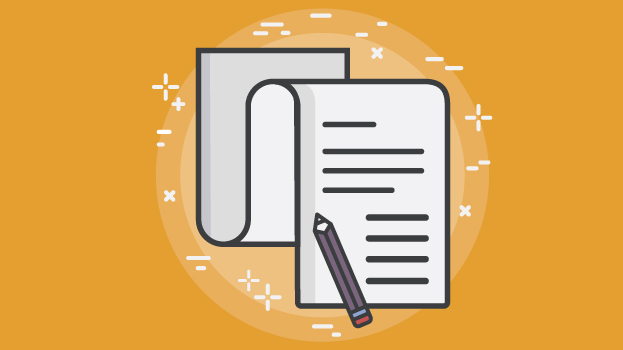As we traverse the evolving landscape of employee-employer dynamics, it becomes evident that traditional paradigms are undergoing profound transformations. The contours of the modern workplace are shaped by nuanced expectations and interwoven complexities, demanding a human-centric approach to foster harmonious relationships and sustainable growth.
In this article, we will delve into the various facets of the unsettled employee-employer relationship and explore strategies for navigating this complex terrain.
Evolving Expectations
In today’s workforce, employees seek more than just a paycheck—they crave purpose, growth opportunities, and a balanced work-life blend. To meet these dynamic expectations, employers must embrace transparent communication, adaptability, and a genuine understanding of their employees’ aspirations.
Cultivating a culture of openness, providing avenues for skill enhancement, and fostering career progression are vital in navigating these shifting dynamics.
Blurred Boundaries
In the contemporary work landscape, the traditional demarcation between professional responsibilities and personal life has become increasingly ambiguous. With the advent of remote work arrangements and the omnipresence of technology, employees find themselves navigating a labyrinth of intertwined commitments, often struggling to delineate work hours from personal time. For instance, individuals may find themselves responding to work emails during family dinners or taking business calls while on vacation. Similarly, the absence of physical boundaries, such as commuting to and from the office, further complicates matters, as employees seamlessly transition between professional tasks and domestic duties within the confines of their homes.
These blurred boundaries can lead to heightened stress levels, burnout, and a pervasive sense of being always “on”. To address this challenge effectively, organisations must implement clear remote work policies, encourage designated “offline” hours, and foster a culture that prioritises employee well-being over relentless productivity. By acknowledging the impact of blurred boundaries on employee mental health and productivity, businesses can cultivate a more supportive and sustainable work environment, where individuals are empowered to thrive both personally and professionally.
Uncertainty and Job Insecurity
Amid economic volatility and rapid technological advancements, employees often grapple with uncertainty about their job security and future prospects. For instance, individuals may feel anxious about potential layoffs due to market fluctuations or automation replacing their roles.
To alleviate these concerns and foster a sense of stability and loyalty within the workforce, organisations can implement various strategies. Firstly, transparent communication about the company’s long-term vision, financial health, and potential changes in direction can help employees feel more informed and engaged. Providing career development initiatives, such as training programs, mentorship opportunities, and upskilling courses, demonstrates a commitment to employee growth and enhances their employability within and outside the organisation. Moreover, offering support during transitions, such as outplacement services or career counselling, can empower employees to navigate uncertain times with confidence and resilience. By proactively addressing uncertainty and job insecurity, organisations can foster a culture of trust, resilience, and adaptability, where employees feel valued and supported in their professional journeys.
Building Trust and Collaboration
In an unsettled employee-employer relationship, trust serves as the cornerstone for stability and mutual success. Organisations must proactively cultivate trust and collaboration among their workforce to foster a cohesive and productive environment. One way to achieve this is through open and transparent communication channels, where leaders actively seek and value employee feedback, ideas, and concerns. For example, regular meetings, feedback sessions, and anonymous suggestion boxes can provide platforms for employees to voice their opinions and contribute to decision-making processes. Additionally, fostering a culture of recognition and appreciation, such as employee of the month awards or peer-to-peer recognition programs, can strengthen trust by acknowledging and celebrating individual and team accomplishments. Furthermore, promoting cross-functional collaboration and teamwork initiatives, such as project-based assignments or interdepartmental workshops, encourages employees to collaborate across different roles and departments, fostering a sense of unity and shared purpose.
By prioritising trust and collaboration, organisations can build stronger relationships, enhance employee engagement, and drive collective success in navigating the challenges of the evolving workplace landscape.
As we navigate the complexities of the unsettled employee-employer relationship, it is crucial to recognise the mutual responsibility both parties bear in fostering a positive and sustainable work environment. By addressing evolving expectations, managing blurred boundaries, alleviating job insecurity, and building trust and collaboration, employers and employees can collectively create a more stable and fulfilling workplace for the challenges of the future.













 February 28, 2024
February 28, 2024 





